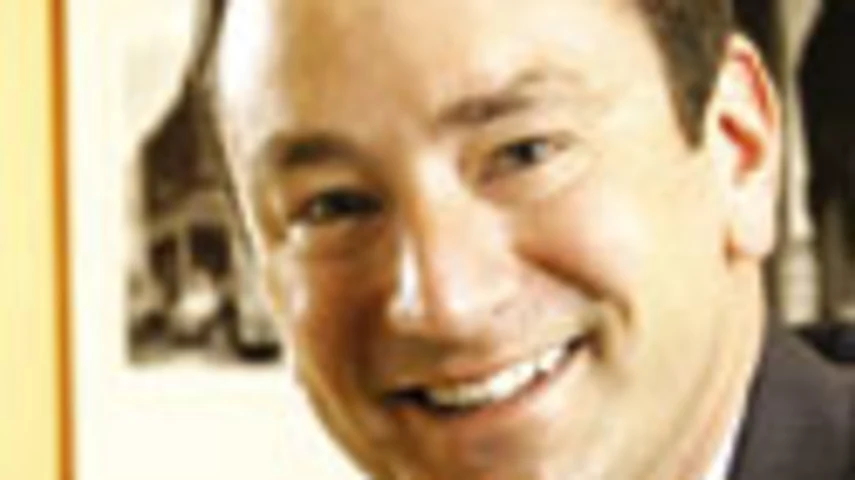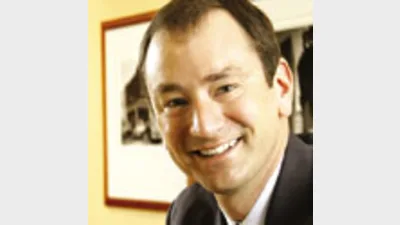Perpetual’s 29 per cent profit decline



Perpetual has revealed the degree to which it struggled in the first half of the current financial year, reporting a 29 per cent decline in net profit after tax to $35 million.
The less than stellar result cast a shadow over the departure of chief executive David Deverall (pictured), who used the results announcement to hand over the reigns of the organisation to his successor, Chris Ryan.
The company attributed the lower than expected results to the recovery of prior period losses in relation to its Exact Mark Cash Fund, its response to the takeover bid by private equity player Kohlberg Kravis Roberts and an impairment charge relating to its problematic Smartsuper business.
Despite this, the Perpetual Board declared an interim fully franked dividend of 95 cents a share payable on 30 March.
Commenting on the result, Perpetual chairman Peter Scott said the recovery of investment markets during the period had a positive impact on the group’s market linked revenues but that investor sentiment remained fragile.
However, Perpetual’s private wealth business emerged as a bright point in the company’s half-year analysis, with outgoing chief executive Deverall saying it had increased net profit for the period by 8 per cent over the previous corresponding period to $11.6 million.
He said that adjusted for changes in group cost allocations and acquisition costs, the profit before tax improvement on the first half of last year was closer to 17 per cent, reflecting the benefit of the Fordham and Grosvenor acquisitions.
Deverall said the Fordham and Grosvenor acquisition had made a strong contribution to the 36 per cent increase in private wealth revenues to $56.9 million, with the majority of the increase coming from non-market related revenue in the form of tax and accounting fees.
Recommended for you
In this episode of Relative Return Insider, host Keith Ford and AMP chief economist Shane Oliver unpack the RBA’s decision to keep the cash rate on hold in the face of rising inflation and whether the governor’s hawkish tone is a sign of things to come.
In this episode of Relative Return Insider, host Keith Ford and AMP chief economist Shane Oliver discuss the September quarter GDP figures, which show Australia’s economy regaining momentum.
In this new episode of The Manager Mix, host Laura Dew speaks to Haley Devine, head of wealth management at MaxCap Group, to delve into private credit and commercial real estate.
In this new episode of The Manager Mix, host Laura Dew speaks to Benjamin Leung, head of systematic investments at Macquarie Asset Management, to understand the use of systematic investments.







